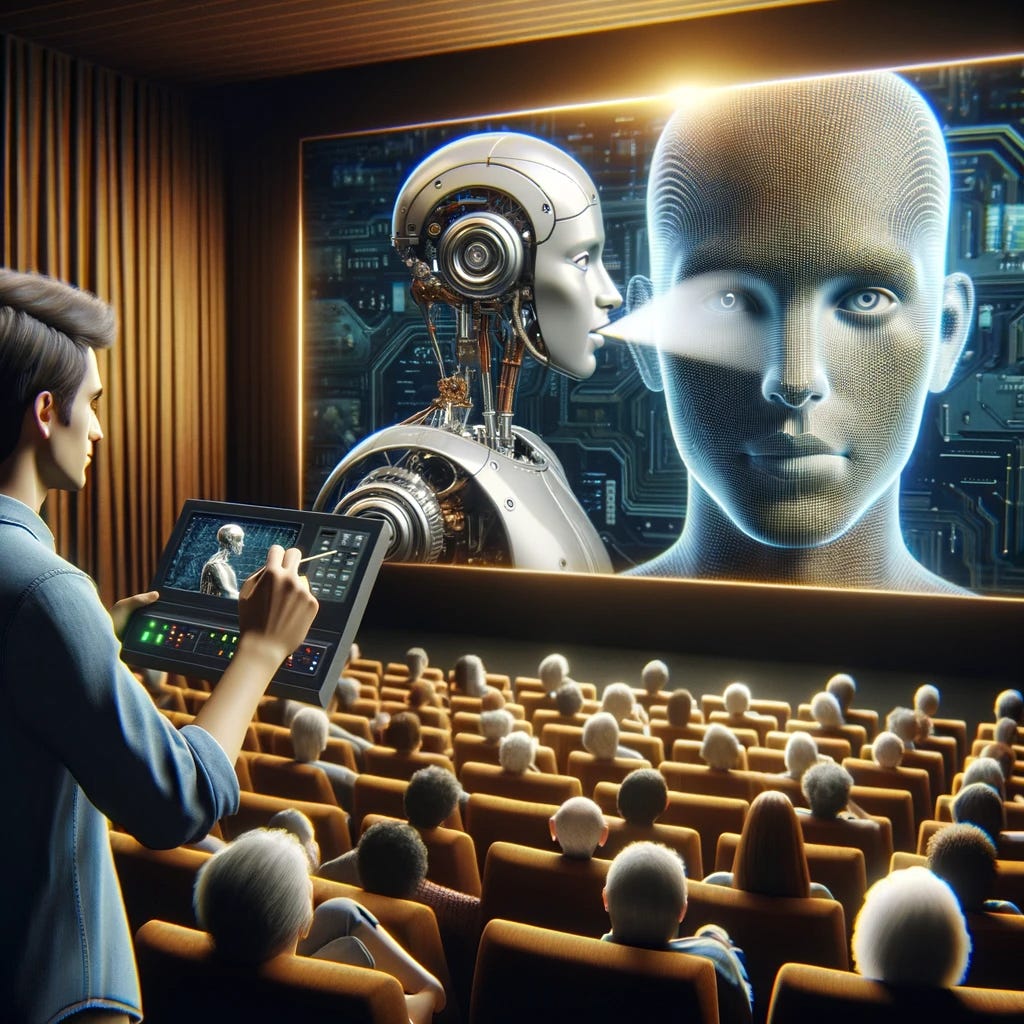What happens to movies when AI drives costs to zero?
Supply will increase; consumers will benefit; Hollywood will struggle

What happens to movies when the cost to produce them declines to near zero? Jeffrey Katzenberg argues that the cost to create animated films is going to decline by 90% within three years due to AI:
Artificial intelligence will lower the cos…
